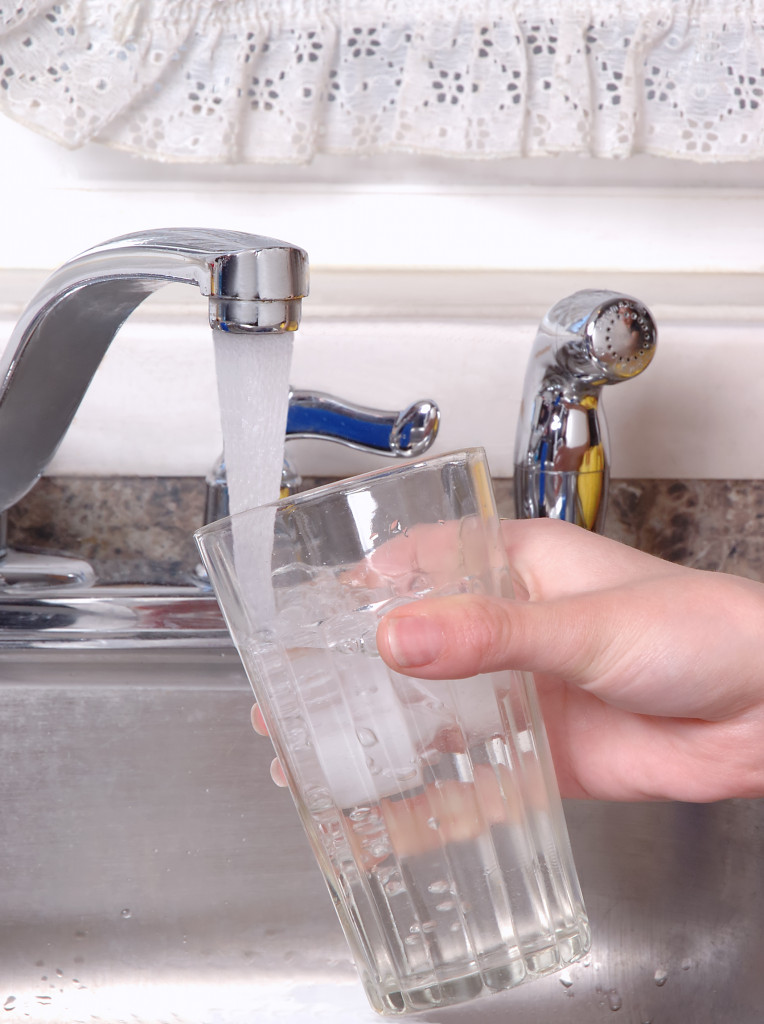Disclaimer: This website provides health information for educational purposes only and is not a substitute for professional medical advice, diagnosis, or treatment. Always seek the guidance of a qualified healthcare provider with any questions you may have.
- Test your water supply for contamination.
- Maintain clean gutters and downspouts.
- Inspect household plumbing regularly.
- Consider installing a well pump.
- Keep drains and pipes clear of clogs.
As a homeowner, keeping your family healthy and safe is a top priority. Waterborne diseases can pose a serious threat to the health of your household, which is why it’s essential to take steps to prevent them. In this guide, we’ll share five tips that you can use to prevent waterborne diseases in your home.
1. Test Your Water Supply for Contamination
Your water supply may be contaminated with bacteria, viruses, and other pathogens that can cause waterborne diseases. Testing your water supply regularly is the best way to ensure that it’s safe to use. You can purchase a water testing kit from your local hardware store or hire a professional to test your water supply.
If your water supply tests positive for contamination, you should take steps to address the issue. Installing a water filtration system can remove harmful contaminants from your water supply and provide safe drinking water for your family.
2. Maintain Clean Gutters and Downspouts

Over time, gutters and downspouts can become clogged with leaves, twigs, and other debris. Water can accumulate in your gutters when this happens, providing a breeding ground for harmful bacteria and other pathogens.
To prevent this, you should ensure that your gutters and downspouts are kept clean and clear of debris. You can do this by cleaning them out yourself or hiring a professional to do it for you.
3. Inspect Household Plumbing Regularly
Leaks and other issues with your household plumbing can provide an ideal environment for bacteria and other pathogens to grow. To prevent this from happening, it’s important to inspect your household plumbing regularly.
Here’s how you can inspect your household plumbing thoroughly:
Check the Sinks and Faucets
Take a look at all of your sinks and faucets to make sure that there are no visible signs of damage or wear. Check for any leaks or drips from the fixtures, as these can indicate a problem with your plumbing system. Make sure all the connections between pipes and fixtures are secure, too. If you notice any signs of damage or wear on your sink or faucet, have it repaired immediately by a professional plumber.
Inspect Toilets
Inspect toilets regularly to identify potential problems before they become bigger issues. Look for cracks in the toilet’s tank, bowl, or base, any discoloration on the porcelain, and any signs of water leakage. Also, ensure that no water is seeping from underneath or around the base. If you find any issues with your toilets, don’t hesitate to call a plumber for repairs.
Look For Any Other Issues

Check for any other potential problems in your plumbing system by visually inspecting all exposed pipes and drains in your home. Ensure that pipes are connected securely and free of blockages, and check for corrosion or rust on metal components. Additionally, listen for strange noises from inside the walls or under the floorboards; these can indicate a plumbing problem that needs to be addressed immediately.
Call A Plumber For Professional Help
If you’re unsure how to identify or fix any plumbing issues, it’s best to call a professional plumber. They can comprehensively inspect your plumbing system and help you resolve any issues they find. Make sure to use a qualified and licensed plumber who is experienced in dealing with household plumbing. This will ensure that the repairs are done properly and safely.
4. Consider Installing a Well Pump
If you live in an area where the public water supply is contaminated or unreliable, installing durable water well pumps is smart. A well pump can provide an independent source of clean and safe drinking water, free from contaminants that can cause waterborne illnesses.
When it comes to installing a well pump, there are several factors to consider. First, you’ll need to check with your local water authority to ensure you can legally install a well pump on your property. Additionally, you’ll need to have an experienced well driller come and evaluate your property to install a well pump.
5. Keep Drains and Pipes Clear of Clogs
Clogs in your drains and pipes can cause water to accumulate, creating an ideal environment for bacteria and other pathogens to grow. To prevent this from happening, it’s essential to keep your drains and pipes clear of clogs.
You can do this by using a plunger or drain snake to remove clogs or by using a drain cleaner to dissolve them. It’s essential to follow the manufacturer’s instructions carefully when using drain cleaners, as they can harm your health and the environment if not used properly.
In Summary
Waterborne diseases can seriously threaten your family’s health, so it’s essential to take steps to prevent them. By following the tips outlined in this guide, you can protect yourself and your family from waterborne illnesses in your home.




